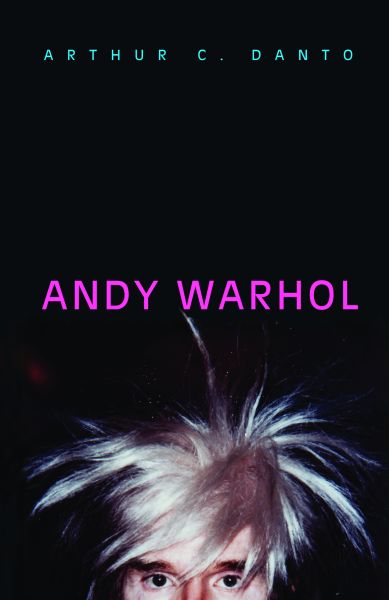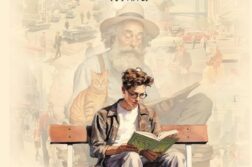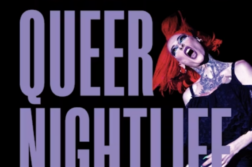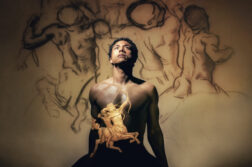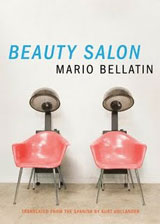 Beauty Salon
Beauty Salon
by Mario Bellatín
City Lights Publishers.
72 pages, $10.95
In a sparse style, the short novel Beauty Salon (Salón de belleza) by the renowned Mexican author Mario Bellatín, translated seamlessly from the Spanish by Kurt Hollander, relates the story of a mysterious illness that plagues an unidentified city. The nameless narrator, a transvestite who used to cut his clients’ hair in drag, turns his once successful beauty salon into the “Terminal,” where the dying come to end their days with dignity. The seemingly simple tale offers a complex network of motifs, symbols, and paradoxes. The aquariums that adorn the beauty salon, for instance, become the barometer of the advancing plague: like the “strong young men who had once been beauty queens and then disappear with their bodies destroyed,” the beautiful fish die in the aquariums and are flushed down the toilet. Similarly, once he contracts the plague, the narrator asserts: “I feel like a fish covered in fungus from whom even its natural predators will flee.” Social injustices are presented in a deadpan voice, increasing their potency: the dying patients who have nowhere to go, the mother’s rejection of her son’s homosexuality, the beautiful boy caught up in the drug commerce, the attempts at burning down the Terminal, motivated by misunderstanding and fear. Ultimately, however, the spirit of the former salon permeates the ethos of the Terminal, a space where, even in death, beauty triumphs as the narrator’s compassion spares the patients an ugly death: “The only thing I wanted was to make sure these people, abandoned by state hospitals, didn’t die like dogs in the middle of the street.” The story resonates with our present debates surrounding health care. Despite its brevity, Beauty Salon stands to linger in the aquariums of our memories, at times, like the monstrous axolotls, revealing the ugliness of the world, at others, like the mystic golden carp, providing hope for a better tomorrow.
Eduardo Febles
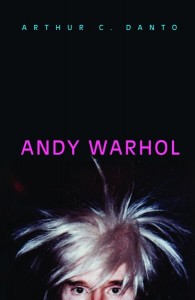 Andy Warhol
Andy Warhol
by Arthur C. Danto
Yale University Press.
162 pages, $24.
Arthur C. Danto, art critic for The Nation and prolific essayist and author, offers his view of Warhol in this slender volume, illustrated with a few black-and-white images. Danto, whose erudite yet clearly rendered prose is a pleasure to read, makes no pretense of offering a biography. Rather, this is a close reading of a few of Warhol’s works, “a study of what makes Warhol so fascinating an artist from a philosophical perspective.”Warhol’s Brillo Boxes, shown in April 1964 at the Stable Gallery, was a “transformative experience” for the critic, making him into a “philosopher of art.” The show helped him define art and helped explain why defining it is a philosophical problem. Danto even cites Ludwig Wittgenstein in relation to the fabrication of the Boxes in Warhol’s Factory. An “X-ray of the American soul” is how Danto described Warhol’s 1961 Before and After, one of several of his works in the background of a window display of Bonwit Teller with a foreground of high-fashion mannequins. Danto also considers Warhol’s moves from the Factory (indeed, a former factory) to more upscale, corporate digs, and explains why he finds Empire (1964), the eight-hour long, uninterrupted view of the Empire State Building “nearly as profound” as the Brillo Boxes. Though not all the points Danto makes are revelatory (Warhol’s debt to Marcel Duchamp, for instance, and the fact that the 1968 attempt on his life was a turning point), and some are open to dispute, this is a thoroughly entertaining must-read for anyone interested in Warhol or modern art, or understanding why The Philosophy of Andy Warhol: From A to B and Back Again (1976) is definitely worth another look.
Martha E. Stone
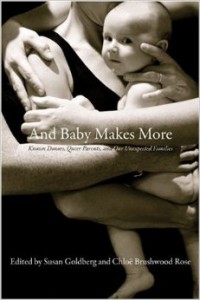 And Baby Makes More: Known Donors, Queer Parents,and Our Unexpected Families
And Baby Makes More: Known Donors, Queer Parents,and Our Unexpected Families
Edited by Susan Goldberg and Chloe Brushwood Rose
Insomniac Press. 324 pages, $15.95 (paper)
With this diverse, poignant, and sometimes very funny anthology, editors Susan Goldberg and Chloe Brushwood Rose attempt to get beyond the mainstream media’s often superficial coverage of the “gayby boom.” Here, they give several writers a chance to discuss their own experiences on various alternative paths to procreation, outside of the hetero nuclear family norm. A couple of the chapters in And Baby Makes More are fairly straightforward descriptions of lesbian moms selecting a known sperm donor and proceeding to get knocked up. But the anthology acknowledges that queer procreation is, by its very nature, very complex and full of potential pitfalls. There are hurt feelings as lesbians negotiate with possible donors, often discovering that the gay men they have in their sights are interested in hands-on parenting rather than a god parent role. One chapter is authored by five people who comprise a sort of parenting collective. Also included is a chapter rendered in comic book form. As this is a Canadian anthology, where same-sex marriages have been legal for several years, there’s less discussion of that debate than one would find in a comparable American collection.
This proves a breath of fresh air: the editors take for granted the legitimacy of same-sex bonds and get on with the business of making babies and childrearing. The results are surprising, enlightening, and mandatory reading for any lesbians or gay men thinking of embarking on adventures in the wild world of parenthood.
Matthew Hays


